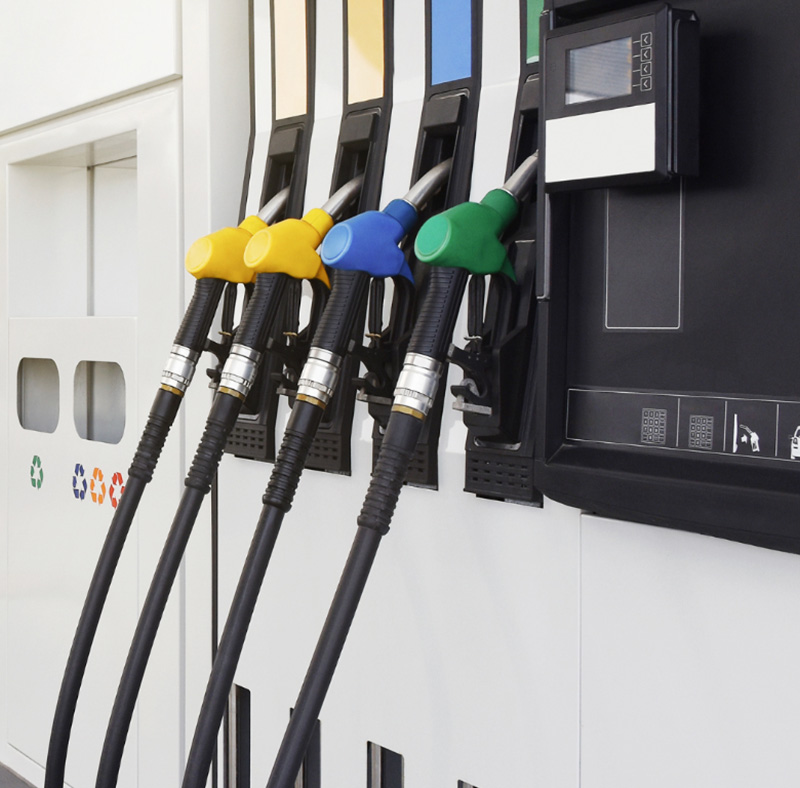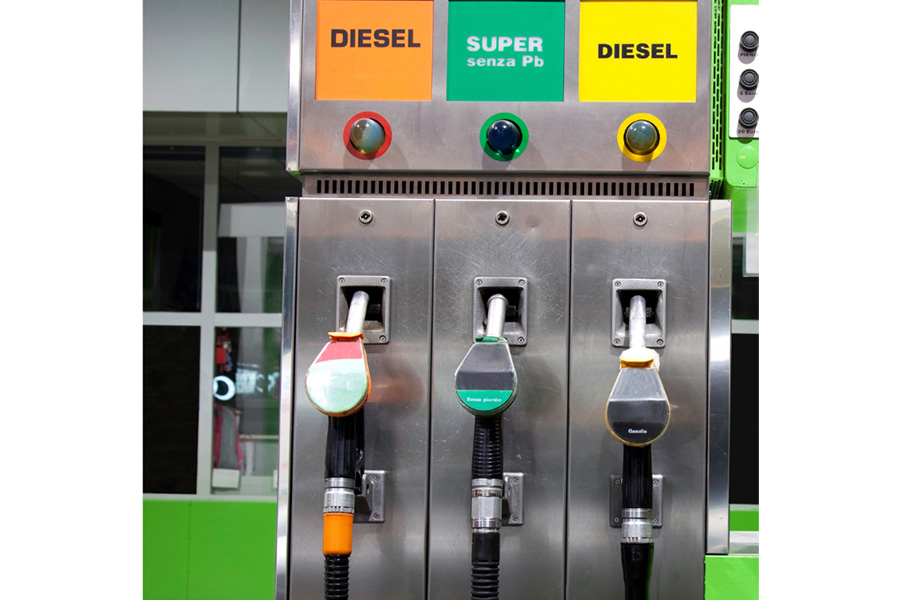Fuel management systems have come a long way in revolutionising the way fleet enterprises handle their fuel consumption. As technology continues to advance, the future of fuel management systems holds even more promising possibilities. From enhanced data analytics to the integration of smart technologies, these systems are poised to optimise fuel efficiency, streamline operations, and reduce costs for fleet businesses. In this article, we explore the future of fuel management systems, unveiling the innovative features and technologies that will shape the landscape of fuel management.
Advanced-Data Analytics and Machine Learning
The future of fuel management systems lies in advanced data analytics and machine learning capabilities. These systems will harness the power of big data to provide deeper insights into fuel consumption patterns, efficiency trends, and optimization opportunities. Machine learning algorithms will analyse vast amounts of data to identify patterns and make intelligent predictions, enabling fleet managers to proactively address fuel inefficiencies and implement targeted strategies for cost reduction.
Predictive Maintenance and Fault Detection
Fuel management systems of the future will incorporate predictive maintenance and fault detection capabilities. By leveraging sensor data, telematics, and real-time diagnostics, these systems will detect potential issues with fuel systems or vehicles in advance. Fleet managers will receive alerts and actionable insights, allowing them to schedule maintenance and repairs proactively. This proactive approach minimises downtime, optimises fleet performance, and reduces the risk of costly breakdowns.
Integration with Electric Vehicle (EV) Management
As electric vehicles gain prominence in the transportation industry, the future of fuel management systems will involve seamless integration with EV management. These systems will enable fleet managers to monitor and manage both traditional fuel-powered vehicles and electric vehicles from a single platform. They will provide real-time charging status, energy consumption data, and cost analysis for electric vehicles, facilitating a holistic approach to fleet energy management.
Smart Technology Integration
The future of fuel management systems will be characterised by the integration of smart technologies. These systems will leverage Internet of Things (IoT) devices, sensors, and connectivity to gather real-time data from vehicles, fuel pumps, and other fuel-related infrastructure. This connectivity enables precise monitoring of fuel consumption, accurate tracking of fuel inventory, and automated data collection, enhancing efficiency and reducing manual intervention.
Cloud-Based Solutions for Enhanced Accessibility
Cloud-based solutions will play a significant role in the future of fuel management systems, offering enhanced accessibility and flexibility. Fleet managers will have secure access to real-time fuel data, analytics, and reports from anywhere, using any device with internet connectivity. Cloud-based systems facilitate seamless collaboration, enable remote monitoring, and simplify data sharing across different departments and locations, enhancing operational efficiency and decision-making.

Integration with Renewable Energy Sources
In line with the global shift towards sustainability, future fuel management systems will integrate with renewable energy sources. These systems will enable fleet managers to monitor and optimise the usage of renewable fuels, such as biodiesel or hydrogen, alongside traditional fuels. Integration with renewable energy sources promotes environmental sustainability, reduces carbon emissions, and aligns fleet operations with renewable energy goals.
Enhanced Security and Fraud Prevention
Fuel management systems of the future will prioritise enhanced security measures and fraud prevention. Advanced encryption techniques, biometric authentication, and secure access controls will safeguard sensitive fuel data and prevent unauthorised access or tampering. Additionally, these systems will incorporate robust fraud detection algorithms to identify and prevent fuel theft or fraudulent activities, ensuring the integrity of fuel transactions and reducing financial losses.
Conclusion
The future of fuel management systems holds immense promise for fleet enterprises. With advanced data analytics, machine learning, predictive maintenance, smart technology integration, cloud-based accessibility, integration with renewable energy sources, and enhanced security measures, these systems will revolutionise fuel management practices. By embracing the innovations of the future, fleet enterprises can optimise fuel efficiency, reduce costs, and embrace sustainable practices. Stay ahead of the curve and unlock the full potential of fuel management with these exciting advancements on the horizon. Visit Vegatron for a fuel management system for your fleet needs.

